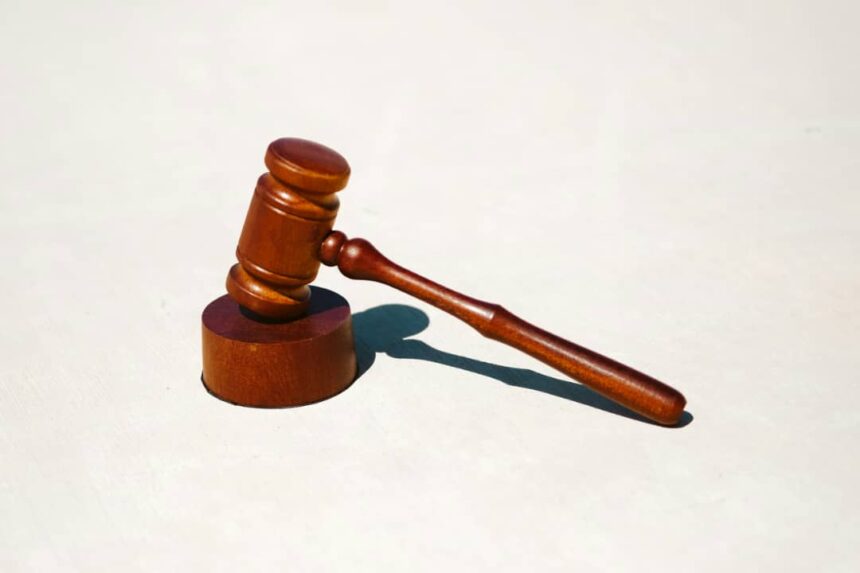“Information is the currency of democracy.” – Thomas Jefferson
Section 35 of the Constitution of Kenya, 2010, marks a powerful and progressive step in affirming the people’s right to information. It doesn’t just talk about transparency but mandates it. In a society where information often means power, this provision places that power squarely in the hands of the people.
Section 35(1) of the Constitution provides for the right to access information as follows:
“Every citizen has the right of access to—
(a) information held by the State; and
(b) information held by another person and required for the exercise or protection of any right or fundamental freedom.”
This means that a Kenyan citizen can walk into a government office or write to a private institution and demand information, provided that such information is relevant to protecting their rights or freedoms. It’s a tool for accountability, social justice, and good governance.
Section 35(1)(2) of the Constitution further guarantees:
“Every person has the right to the correction or deletion of untrue or misleading information that affects the person.”
This clause is a bulwark against misinformation. Whether in official records or public narratives, individuals have the right to demand truth when their reputation, rights, or freedom is at stake.
Section 35(3) gives the State a Duty to Publish and Publicise important information as follows:
“The State shall publish and publicise any important information affecting the nation.”
Here, the Constitution moves from reactive to proactive. The government isn’t just required to share information when asked — it is constitutionally bound to voluntarily publish vital information that impacts the nation. This includes budgetary matters, health crises, environmental concerns, and public safety.
Section 35 breaks the traditional culture of opacity that has long shielded public institutions from scrutiny. It requires the State to be an open book and not a sealed file.
From activists seeking environmental data to journalists investigating corruption, Section 35 empowers all citizens to hold institutions to account.
Democracy thrives when people are informed. By guaranteeing access to information, the Constitution ensures that civic engagement is grounded in truth, not propaganda.
With social media and online databases, false information can spread like wildfire. Article 35(2) allows individuals to demand correction, thereby protecting dignity and truth in the age of viral misinformation.
While the constitutional right is clear, implementation remains patchy. Public institutions often delay or deny access without justification. Moreover, many citizens are unaware of this right, and enforcement mechanisms can be weak or inaccessible.
Conclusion
Section 35 is not just a legal formality, it is a revolutionary statement that governance belongs to the people. As Kenya continues to grapple with corruption, tribalism, and political opacity, this provision offers a pathway to transparency, justice, and a more informed citizenry.
It is time for Kenyans to own their right to know and to demand nothing less than full and fearless access to the truth.
The Right They Don’t Want You to Use: Section 35 and Kenya’s Silent Scandal

Leave a Comment









